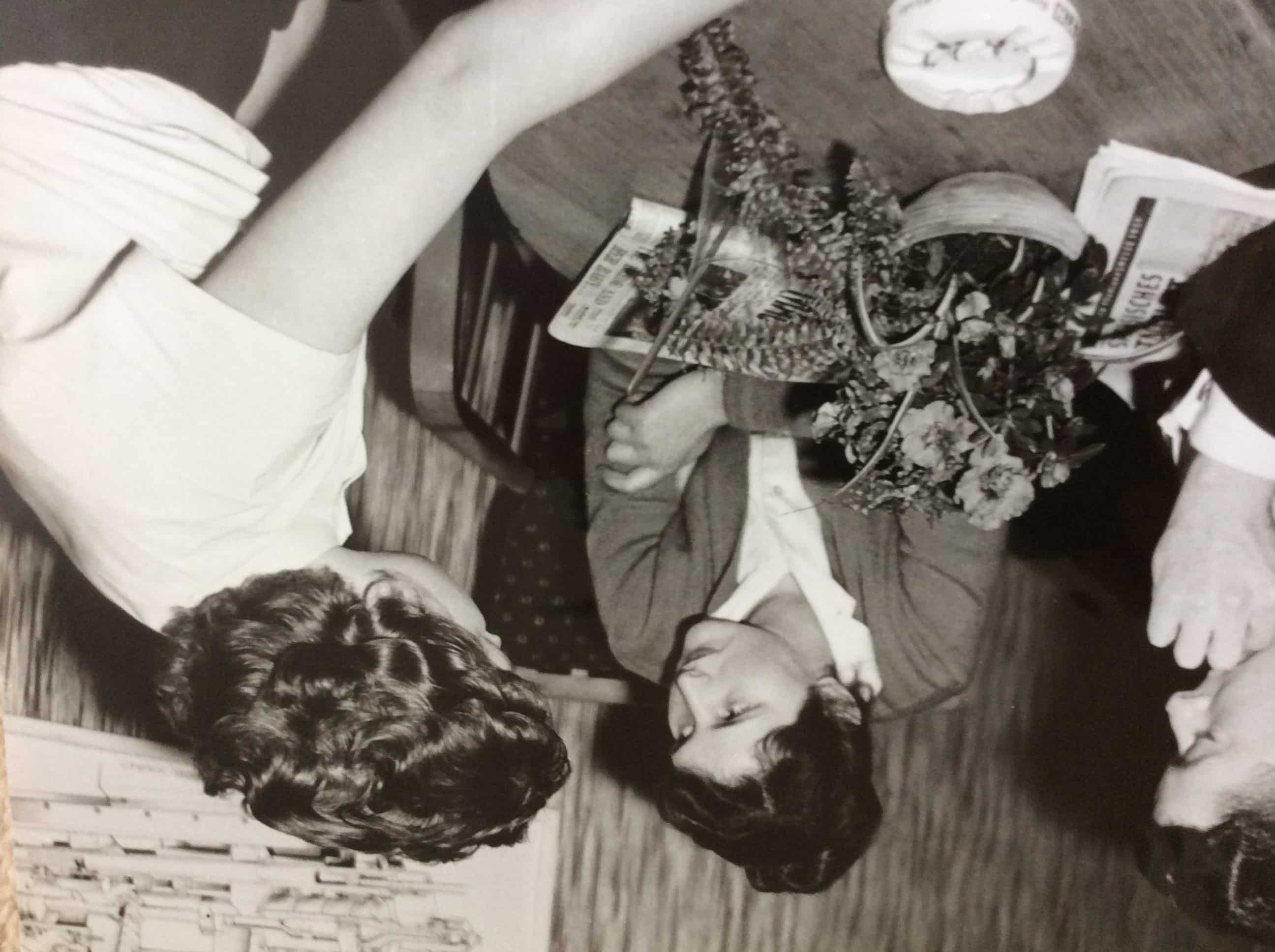Rita's story
We had the pleasure of chatting to Rita, a former interpreter and translator born in Germany. Rita now lives in the U.K with her husband, daughter and two grandchildren. Here Rita gives us an honest insight into her experience within the profession, not without its rewards and real life challenges.
I left school 60 years ago having passed my Abitur (equivalent to A levels) and then got a degree in English and French at Leipzig University to become an interpreter and translator.
I had always been interested in foreign languages and foreign cultures after studying English and Russian at Secondary School. I was lucky, only a limited number of places was available in the Language Institute but every graduate was guaranteed a job. At that time, English was not as widely spoken as it is today, especially in the German Democratic Republic (E. Germany) and very few pupils were taught English or French at school, Russian being more common. This meant interpreters and translators were very necessary in dealing with foreign countries.
Language learning and, indeed, all education was very different from today - no computers or other media facilities. We practiced language skills wherever possible and were regularly given interpreting and translating duties. The Institute was located in Leipzig, so as students we got plenty of practice interpreting at the regular international fairs that had been held there for centuries and, at the same time, helping our country’s trade. We also helped at international conferences, it was a perfect place to hear and speak the language.
I had many interesting encounters during my career, there were English speakers from all over the world, especially from Britain’s former empire in Asia, the Middle East and Africa which helped me understand foreign cultures. I even learned quite a lot about my own country, accompanying foreign visitors to places I had never seen before. On one occasion a French group was taken to Buchenwald, a former concentration camp. Overcome with emotion, I found it difficult to translate into French the crimes committed there, this is a moment I’ll never forget.
Coming to England in 1965 with my English husband meant daily and continuous contact with the language, especially the colloquial expressions. I worked first for a GDR commercial representation in London, then for a translating agency, and during the last 10 years before retirement in 1998 with a major patent attorney company in Brighton.
Some of the most difficult assignments as a translator included dealing with highly specialised subjects, e.g. technology, science, the law, medicine, whose terminology is usually only completely mastered by specialists in those subjects. This was particularly evident in my last job. I had to translate the applications for new patents and trademarks by German and French firms which were then filed by the British Patent Office. Just imagine the intricacies of trying to decipher, even in one’s own language, the new inventions in many different fields. The solution was going to the specialists in the firm for help and, of course, using specialist dictionaries which I had been collecting over many years.

(The image above shows Rita centre, during her time spent as an interpreter)
Thank you to Rita for her thought provoking story. We provide both word perfect translation and fluent interpreting services. Get in contact with one of advisors today for more information email info@vlslanguages.com or call 01273 473986.
